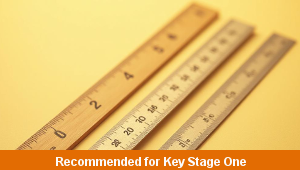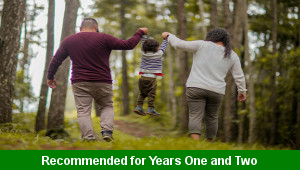Home > Key Stage One > Science > Year One Planning > Summer
Lesson Four – Summer Garden

This science teaching pack for Key Stage One gets the children to practise producing a collage of a garden using different materials to record some of the changes that can occur to the natural world during the summer season of the year.
The class can select and sort a range of statements to show how different habitats and animals can change during this time of the year.
Download this teaching pack including a lesson plan, classroom activities and an interactive presentation to practise producing a collage of a garden using different materials to record some of the changes that can occur to the natural world during the summer season of the year
Activities in this teaching pack include display posters to identify and describe changes to the natural world that can occur during the four seasons of the year and a worksheet to select and record some of the changes that can occur to habitats and animals during the summer.
The interactive presentation can be used to explore how to produce a collage of a garden to record some of the changes that can occur to the natural world in summer.
This lesson is part of a science scheme of work to get the children to identify, observe and record some of changes to the natural world that can occur during the summer including weather and climate and animal habitats. There are teaching activities for shared learning, differentiated worksheets to support independent learning and interactive presentations to introduce concepts and key skills.
-

Maths Measurement Assessment
Assess abilities in estimating, measuring and comparing a range of different measurements for length, mass and capacity
-

Family Life
Investigate and reflect on some of the special events and experiences that might happen in the life of a family
-

Final Sounds Word Guess
Practise playing some guessing and matching games to identify the spelling and meaning of words with different final sounds
-

Building Reports
Explore how to collect facts and information to work with when composing and presenting non-chronological reports about buildings that can be found in the local area
